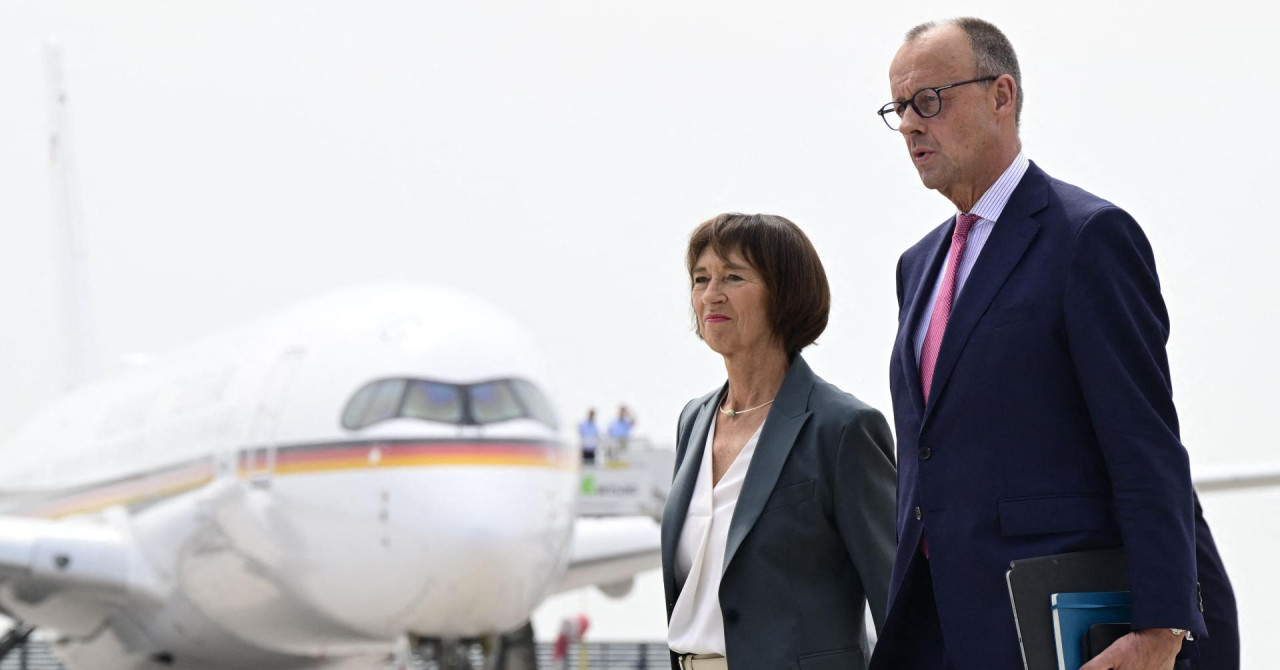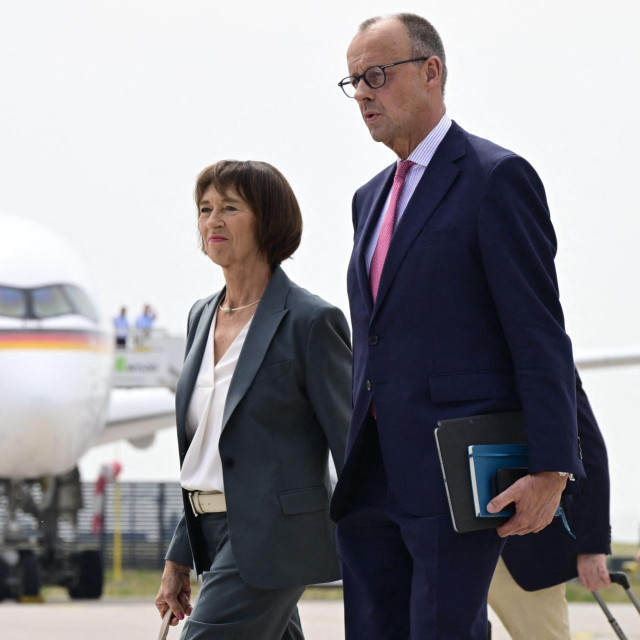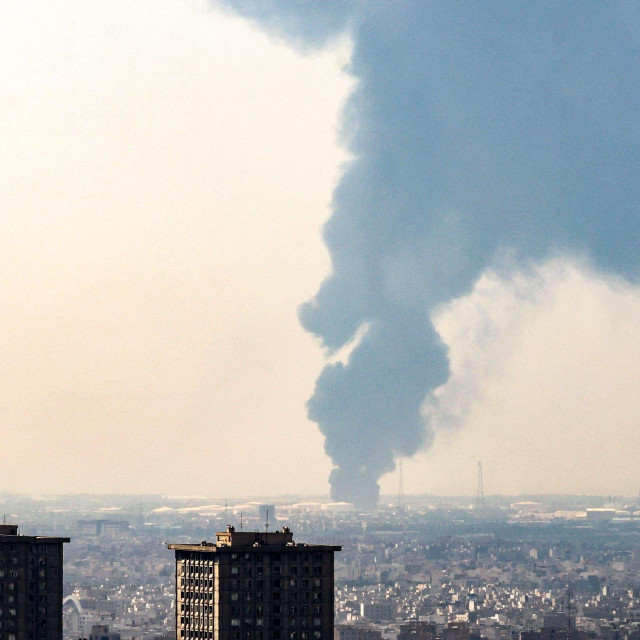Cypriot President Nikos Christodoulides stated that he will deliver a message from Iran to Israeli Prime Minister Benjamin Netanyahu, as requested by Iran. Christodoulides emphasized Cyprus’s role in the region to engage with all parties and convey messages to create conditions for ending tensions. Israeli President Isaac Herzog called on G7 leaders to cooperate with Israel in countering the Iranian nuclear threat, while German Chancellor Friedrich Merz expressed concern over Iran’s nuclear program and supported Israel’s right to self-defense. Meanwhile, the Croatian consul and his wife were lightly injured in an Iranian attack on Tel Aviv, prompting condemnations and calls for de-escalation of the conflict.
Political Perspectives:
Left: Left-leaning outlets tend to emphasize the diplomatic efforts by Cyprus to mediate and the importance of dialogue to reduce tensions in the region. They highlight the human impact of the conflict, such as injuries to civilians including diplomats, and call for de-escalation and peaceful resolution.
Center: Center-leaning sources report the facts of the message delivery and the regional security concerns, focusing on the roles of Cyprus, Israel, and Iran. They present statements from leaders like Christodoulides, Herzog, and Merz, balancing the narrative between security threats and diplomatic efforts without strong bias.
Right: Right-leaning articles emphasize the threat posed by Iran’s nuclear program and support Israel’s right to self-defense. They highlight calls for stronger international cooperation against Iran, including from G7 leaders, and stress the need to prevent Iran from acquiring nuclear weapons. They also underscore the legitimacy of Israeli military responses.



